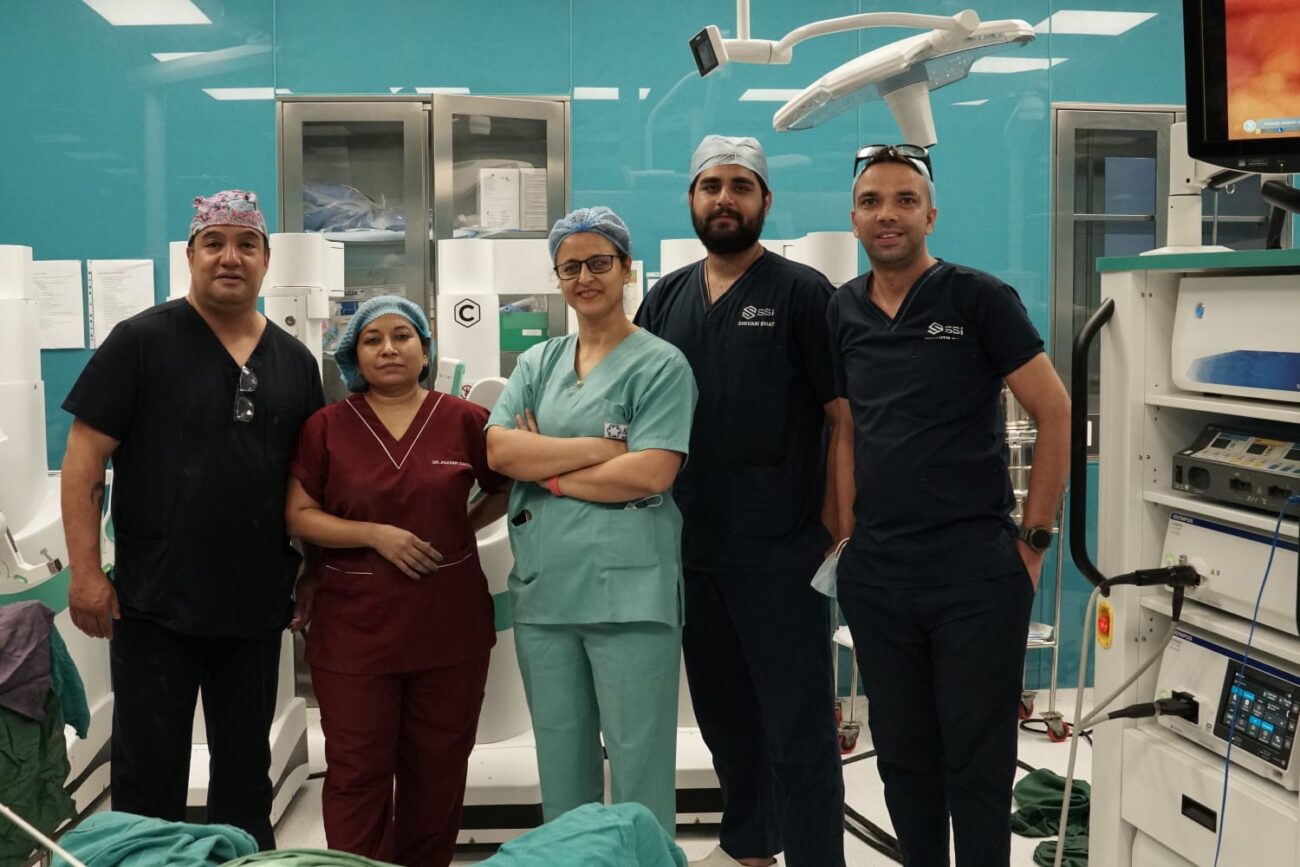Metropolis Healthcare launches Lower Respiratory Tract Infection Pneumonia Panel
With objective to provide quick and accurate tests of pneumonia, Metropolis Healthcare Ltd, the leading pan-India ‘pathology specialist’, announced the launch of its Pneumonia Panel across its labs in India. Lower respiratory tract infections are caused
With objective to provide quick and accurate tests of pneumonia, Metropolis Healthcare Ltd, the leading pan-India ‘pathology specialist’, announced the launch of its Pneumonia Panel across its labs in India.
Lower respiratory tract infections are caused by a variety microorganism such as bacterial, viral fungal organisms. These infections cause high morbidity and mortality in hospitalised patients. Early, rapid and accurate identification of these organisms is crucial towards selection of the appropriate antimicrobial treatment and patient management; however, existing traditional detection methods are slow. Besides, the molecular tests are often either unavailable or are not routinely ordered on the specimens. The Pneumonia Panel of Metropolis Healthcare Ltd will help address these issues.
Dr Niranjan Patil, Head, Microbiology, Metropolis Healthcare Ltd said, “Pneumonia patients are frequently over-treated with antibiotics because it is difficult to quickly identify the pathogen responsible for their symptoms. In order to plug this gap, at Metropolis, we have launched Pneumonia Panel. It is equipped to deliver accurate pathogen identification in about two hours.” He added, “Our panel will enable the physicians to put patients on appropriate therapy quickly.”
Pneumonia Panel will have potential impact on modifications to antimicrobial therapy for respiratory pathogens in sputum, endotracheal aspirates, broncholoalveolar lavage (BAL), miniBAL specimens.
The Pneumonia Panel looks for 18 bacteria (11 Gram negative, 4 Gram positive and 3 atypical bacteria), 7 antibiotic resistance genetic markers and 9 viruses that cause pneumonia and other lower respiratory tract infections. For 15 of the 18 bacteria, the Pneumonia Panel provides semi-quantitative results, which may help determine whether an organism is a colonizer or a pathogen. Antimicrobial therapy may be modified basis the results of the panel. As it identifies various genetic markers associated with drug resistance, it greatly helps to modify treatment plans at the earliest and provide clinicians with vital information to deal with difficult to treat drug-resistant bacteria.
As compared to conventional methods, use of the lower respiratory Pneumonia Panel might lead to increased rates of antimicrobial therapy optimization with low risk for inappropriate therapy at very faster turnaround times.



